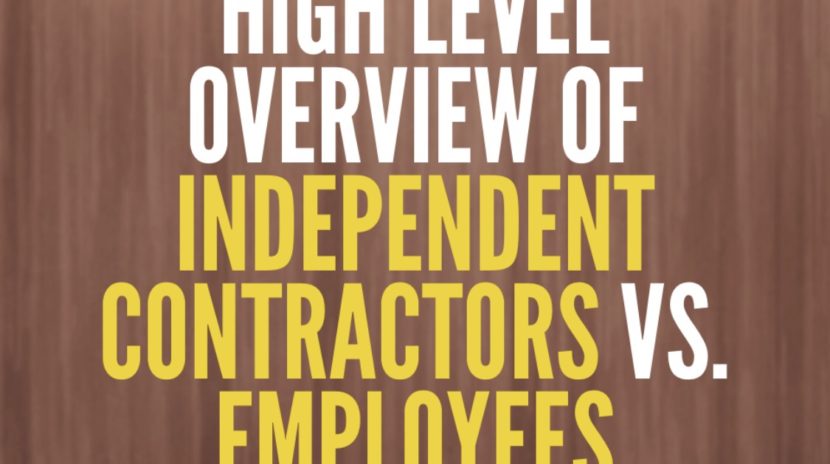Automatic renewal provisions in contracts have been under increased scrutiny. On a national level, The Federal Trade Commission (FTC) has been regulating this for decades using Section 5 of the Federal Trade Commission Act. More recently, The Consumer Financial Protection Bureau has gotten more involved – filing suits with regards to companies taking advantage of Consumer’s “dark patterns”.
In the past decade, States have enacted “automatic renewal laws” that businesses must adhere to in order to protect consumers in the state. As of December 1, 2022 – 31 states have automatic renewal laws in effect. No two states automatic renewal laws cover the same types automatically renewing contracts, but there are a few commonalities. This post will give you a high level overview of autorenewal laws.




